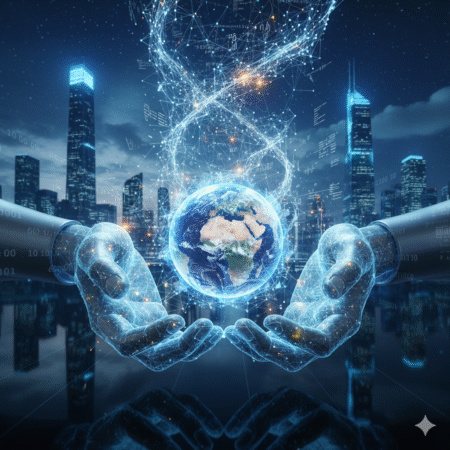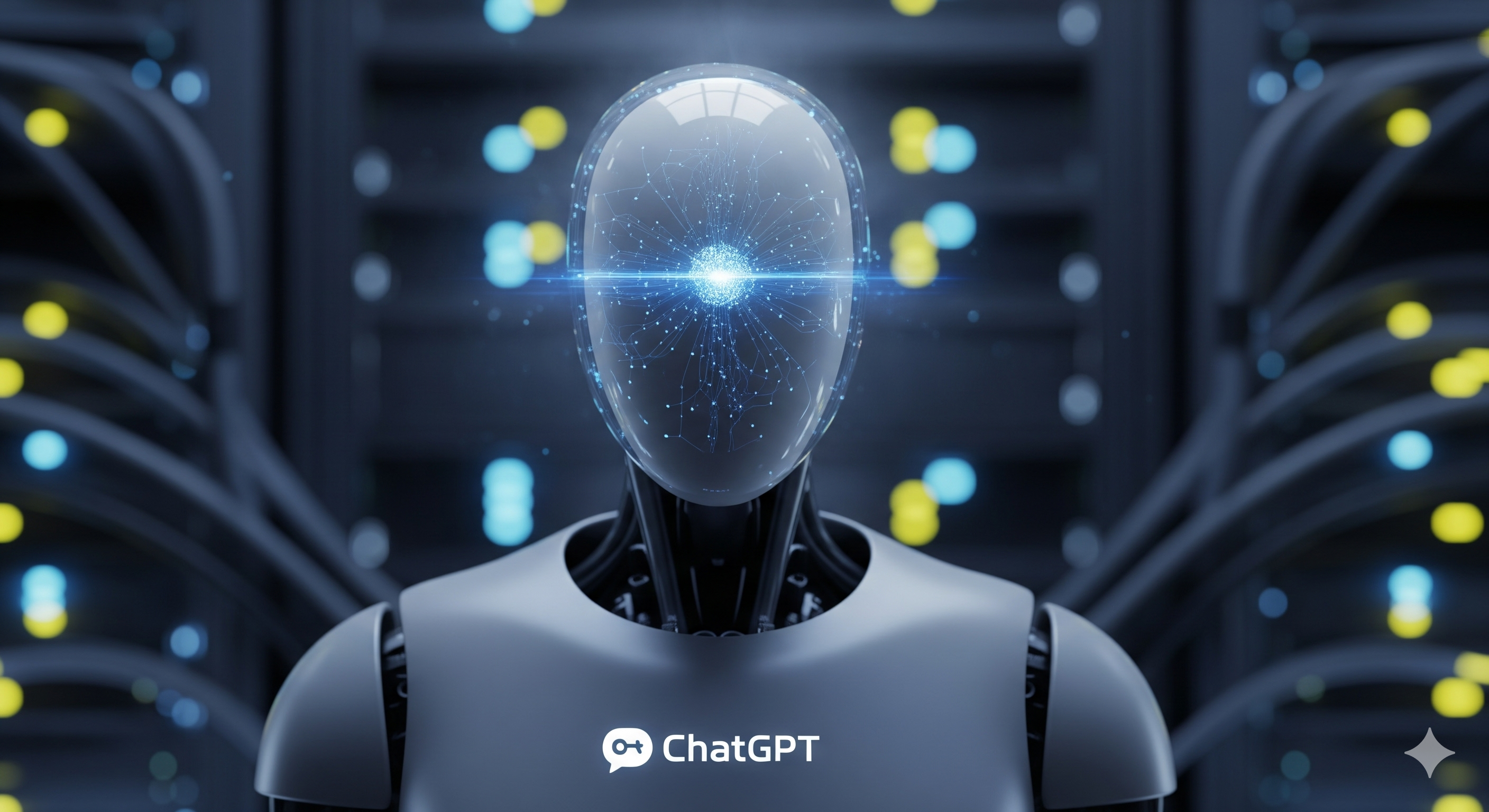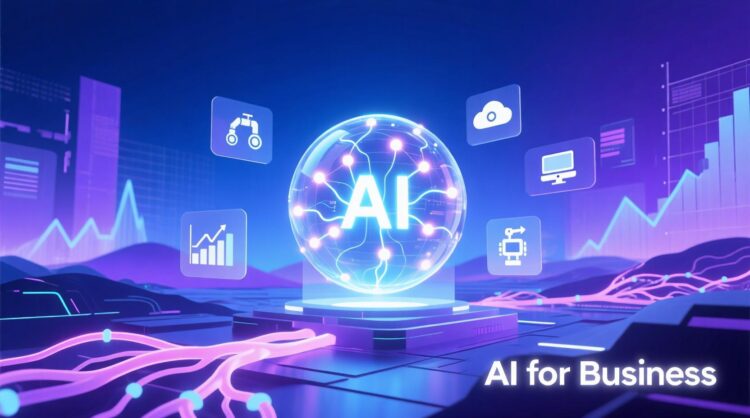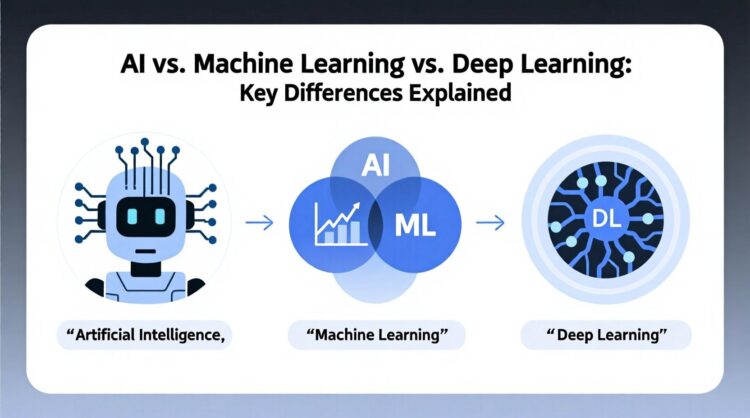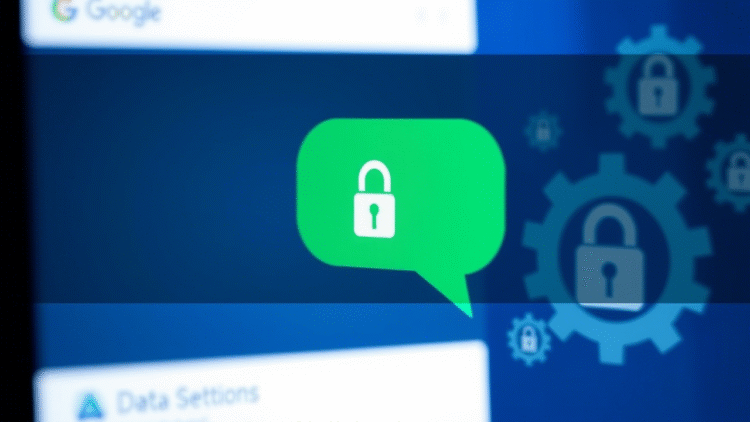
HowToForYou.com – Gen Z is taking an unconventional approach to get noticed by letting artificial intelligence take the first pass. According to a recent EduBirdie survey of 2,000 Gen Z respondents in the U.S., nearly 25% are now using AI to elevate their job application process. From crafting resumes to writing persuasive cover letters, the youngest generation in the workforce is using tools like ChatGPT to jumpstart their careers.
But as with most shortcuts, there’s a catch. Experts caution that using AI without strategy can backfire—especially in industries where originality and personal voice are key.
A Double-Edged Sword: ChatGPT’s Resume Role
AI-generated content is no longer confined to marketing copy or chatbot responses. It’s now shaping how people present themselves to potential employers. And while tools like ChatGPT offer valuable assistance, career strategists warn that it’s not a one-size-fits-all solution.
“AI can start the conversation, but it can’t finish it,” says Eva Chan, a career expert at Resume Genius. The concern? AI-written resumes can come off as sterile, inaccurate, or even misleading. Without human oversight, applicants risk submitting documents that don’t reflect their true capabilities—or worse, fabricate experience.
Vadim Rogovskiy, a serial entrepreneur and partner at Geek Ventures, believes the problem isn’t AI itself, but rather how it’s used. “AI is a powerful assistant, but users must understand its limitations,” he explains. For instance, ChatGPT relies heavily on historical data, which means it may miss emerging trends in the job market or company-specific nuances.
Where AI Falls Short in Resume Writing
While ChatGPT is undeniably efficient, it’s not always effective. Here are some common pitfalls when relying too heavily on AI for job applications:
-
Lack of personalization: AI resumes can feel generic and formulaic, stripping away the candidate’s unique tone.
-
Inaccurate or fabricated details: ChatGPT might insert filler content or false information if it lacks sufficient data input.
-
Weak cultural fit indicators: AI often fails to align the tone of a resume with a company’s values or mission.
-
Overuse of jargon or buzzwords: Terms like “utilize” and “leverage” might seem professional but can become red flags for recruiters who read dozens of similar resumes daily.
-
Diminished enthusiasm or creativity: AI cannot convey ambition, curiosity, or personality—key traits that influence hiring decisions.
How to Use AI the Right Way When Crafting a Resume
Despite its flaws, ChatGPT can be a formidable ally if you know how to use it. Ksenia Hubska, data lead at EduBirdie, offers practical advice on how to unlock the tool’s full potential without compromising authenticity.
1. Craft Summaries That Sell
Rather than letting ChatGPT write your entire resume, use it to polish impactful summaries that highlight quantifiable achievements. Feed it detailed prompts like:
-
“List my accomplishments in a results-oriented format.”
-
“Enhance my summary using industry-specific KPIs.”
2. Tailor for Every Role
One generic resume won’t cut it anymore. Ask ChatGPT to revise your resume for each specific job:
-
“Adapt my resume to this job posting: [insert job ad].”
-
“Highlight how my background aligns with [company’s] mission.”
3. Integrate Strategic Keywords
Many companies use applicant tracking systems (ATS) to filter resumes. ChatGPT can help identify relevant keywords and jargon to pass those filters:
-
“Insert industry-specific keywords related to [job title].”
-
“Find terms used in top-performing resumes in [industry].”
4. Polish Language and Layout
Presentation matters. ChatGPT can adjust tone, trim content, or reformat structure:
-
“Condense my resume to one page and clean up formatting.”
-
“Reformat this resume into a modern template: [insert style preference].”
5. Proofread Before You Hit Send
Even the most polished AI draft needs human review. Check for errors, tone mismatches, and factual accuracy. Hubska advises watching out for generic phrases and verifying all links or credentials listed.
Final Thought: AI Is a Tool, Not a Ticket
The growing use of AI in resume writing underscores a larger trend: technology is redefining how young professionals enter the workforce. But while automation offers convenience, it doesn’t guarantee connection. Human judgment, personality, and adaptability remain crucial in making a lasting impression.
Gen Z is proving to be tech-savvy and resourceful but those who blend AI’s strengths with their own voice will be the ones to truly stand out.

